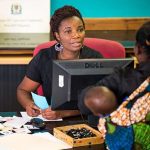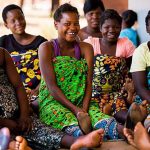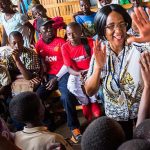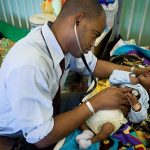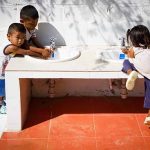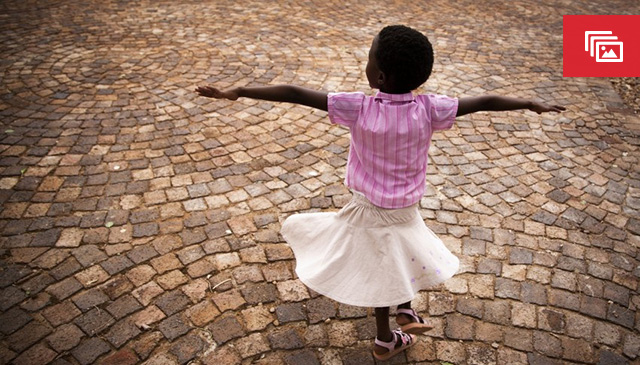
Texas Children’s, in partnership with Baylor College of Medicine, is saving the lives of children and women across the globe.
A network of physicians, fellows and residents provide much-needed clinical support as well as training and academic leadership to underserved communities in 18 nations in Africa, Romania, Papua New Guinea and Latin America. These global efforts began in 1999 with the creation of the Baylor College of Medicine International Pediatric AIDS Initiative at Texas Children’s Hospital, also known as BIPAI.
Under the initiative, the first Children’s Clinical Center of Excellence opened its doors in Constanta, Romania. Today, there are 14 such centers and satellite centers in eight countries across the world. The care provided at these centers has saved a generation of young people with HIV/AIDS and has given BIPAI a model from which to expand its services to both children and women.
The series of stories you will see on Connect over the next few months will talk about why Texas Children’s started a global health program and why it is so important for us to maintain it, grow it and continue to support it.
The series will highlight our efforts in Malawi because members of the Corporate Communications team traveled there last summer to gather stories, video and photographs in order to better educate our internal and external audiences about our efforts overseas.
Since then, the COVID-19 pandemic has stopped travel to these areas and many of the others we serve, but Texas Children’s remains dedicated to our global health efforts and still has many clinicians on the ground across the globe. We are moving forward with capital projects that were in the works prior to the pandemic and are offering support services in any and all ways possible both to help the people in these countries overcome the pandemic and to maintain the progress that’s been made in these areas over the past 20 years.
“It’s imperative we protect the gains we’ve made,” said Michael Mizwa, chief executive officer of BIPAI. “COVID-19 has the potential to wipe out years of work in areas where we are seeing significant gains. We cannot give up on the children and women in these countries now. They need us more than ever.”
Tune in next week to learn more about when, where and how Texas Children’s global health initiatives began and why they are making such a positive impact on the children and women they serve.








